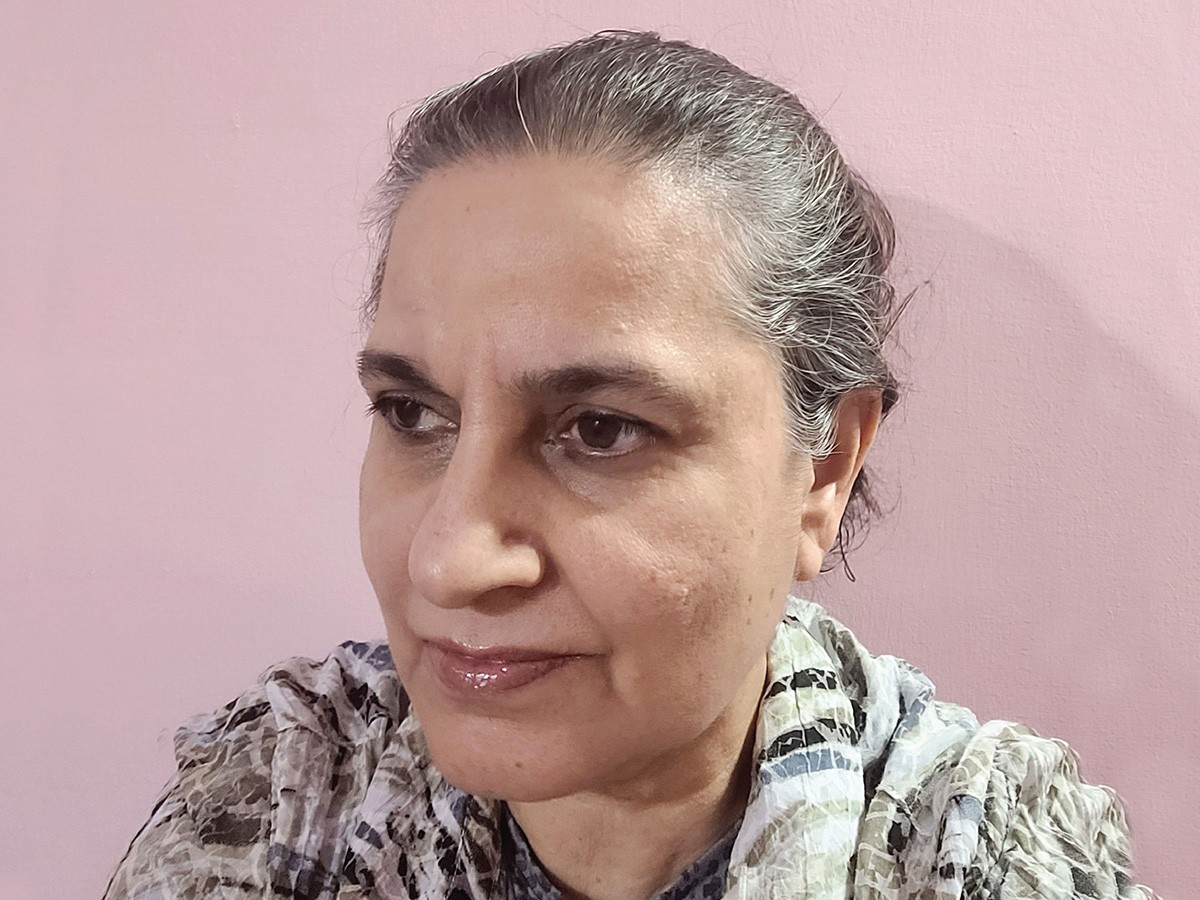
Gurpreet Mahajan
Visiting Toronto Metropolitan University
Spring 2023
Research focus while a CERC Scholar
Two challenges confront democracies today. First, even as democracies are inching towards a more moderate form of secularization, radicalization is on the rise everywhere. Second, we are witnessing, what may be called, competitive communitarianism, wherein communities (both the majority as well as the minorities) are owning their identity more openly and stridently in the public domain and expressing group solidarity.
A more moderate and accommodated form of secularism should have bridged the gap between the majority and the minorities, minimized the latter’s sense of alienation and deepened understanding of the other. Yet, most democracies are confronting greater polarization and correspondingly, little space or inclination for dialogue. How can we understand the emerging incivility in political rhetoric? Can mutual respect and recognition, that is so central to the functioning of democracies and necessary for effective integration, be restored in the context of competitive communitarianism?
Against the backdrop of liberal hegemony, which spoke the language of individualism and the unencumbered self, multiculturalism had performed the valuable task of making us sensitive to the concerns of the other. Can it perform the same task today, when the individual has been submerged under the din of community? Does competitive communitarianism require a reconfiguration of the discourses on multiculturalism?
Related to CERC research theme: Migration, Identities and Integration - Narratives and Politics
Career Achievements
Gurpreet Mahajan was a former Professor at the Centre for Political Science, Jawaharlal Nehru University, New Delhi. Within the field of political philosophy, her work focuses on democratic theory and issues of difference and discrimination in a comparative framework. Using the lens of Indian experience, she has written extensively on secularism and multiculturalism, minority rights and integration, equality and civil society.
Her publications include Explanation and Understanding in the Human Sciences (OUP 1992; 1997; 2011), Identities and Rights: Aspects of Liberal Democracy in India (OUP 1998), The Multicultural Path: Issues of Diversity and Discrimination in Democracy (Sage 2002), India: Political Ideas and the Making of a Democratic Discourse (Zed Books 2013); and Religion, Community and Development: Changing Contours of Politics and Policy in India (jointly edited with S.S.Jodhka) (Routledge 2010).
Relevant Publications
(2013). India: Political Ideas and the Making of a Democratic Discourse. Zed Books, London.
(2011). Accommodating Diversity: Ideas and Institutional Practices. Oxford University Press, Delhi.
(2014). Religious Diversity and Multicultural Accommodation. In Multiculturalism and Religious Identity: Canada and India., Sikka, S. & Beaman, L. (Eds.),. McGill Queen's University Press, Canada.
(2017). Living with Religious Diversity: The Limits of the Secular Paradigm. In The Problem of Religious Diversity. Triandafyllidou, A., & Modood, T. (Eds.) . Edinburgh University Press, Edinburgh.
(2013). Keeping the Faith: Legitimizing Democracy Through Judicial Practices. In Constitutionalim of the Global South: The Activist Tribunals of India, South Africa and Colombia. Bonilla, E (Ed.). Cambridge University, USA.
(2021) India: The Challenge of Being Plural and Multicultural. In Routledge Handbook on the Governance of Religious Diversity. Triandafyllidou, A. & Magazzini, T. (Eds.,) , Routledge, London.
(2007) Multiculturalism in the Age of Terror: Confronting the Challenges. Political Studies Review, 5(3), 317–336. https://doi.org/10.1111/j.1478-9299.2007.00133.x (external link)
(2019) Constraints of Reason in the Era of Radicalization. Economic and Political Weekly, 54/20, 18 May.
(2009) Reconsidering the Private-Public Distinction. Critical Review of International Social and Political Philosophy, 12(2), 133-143.
(2005) Indian Exceptionalism or Indian Model: Negotiating Cultural Diversity and Minority Rights in a Democratic Nation-State. In Minorities in Asia. Kymlicka, W. & He, B., (Eds.). Oxford University Press, Oxford.